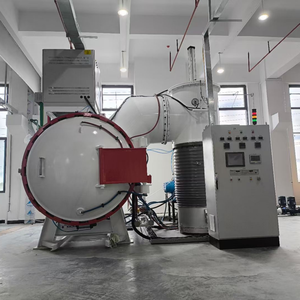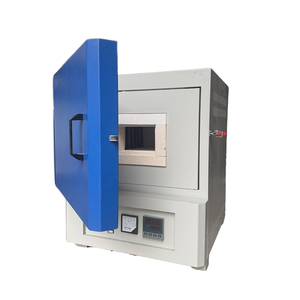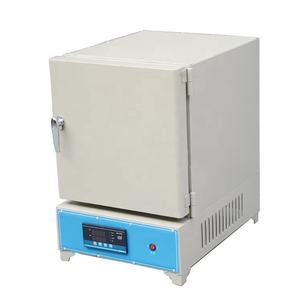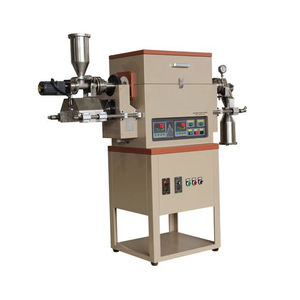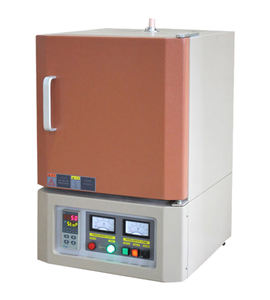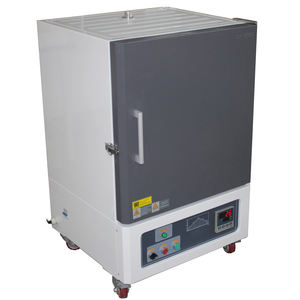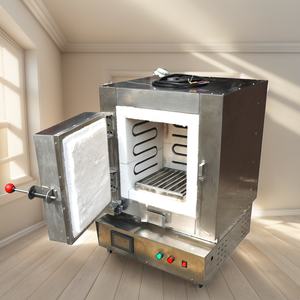Artisan Furnaces - Quality Craftsmanship Tools for Global Artists
Hot Water Heat vs. Gas Furnace: Which Warms Your Home Better?
(is hot water heat as good as gas furnace)
Main Product Keywords: Hot Water Heat, Gas Furnace
1. What is Hot Water Heat?
Hot water heat means warming your home using water. This system moves hot water through pipes. The pipes run under your floors or connect to radiators in your rooms. A boiler heats the water. The boiler uses fuel like natural gas, oil, propane, or electricity. The hot water travels silently through the pipes. Heat radiates gently into your living spaces. This is different from a gas furnace. A furnace heats air. A blower pushes that hot air through ducts into your rooms. Hot water heat provides a different kind of warmth. It feels steadier and more even. You don’t get blasts of hot air followed by cooler periods. Many people find this radiant heat very comfortable. It feels like the sun warming you directly. There are no drafts blowing dust around. The system operates quietly. You won’t hear fans or blowers turning on and off. This method has been warming homes for a very long time. It remains popular for good reasons.
2. Why Choose Hot Water Heat Over Gas Furnaces?
Several reasons make hot water heat a strong contender against gas furnaces. Comfort tops the list. Radiant heat feels exceptionally pleasant. It warms objects and people directly. This eliminates cold spots and drafts common with forced air. The heat stays consistent. You avoid the temperature swings forced air systems often create. Hot water systems are very quiet. Without noisy fans, your home stays peaceful. This is a big advantage for bedrooms and quiet spaces. Air quality can be better. Forced air systems blow air. This stirs up dust, pollen, and allergens. Radiant heat doesn’t move air. It simply warms surfaces. This often means cleaner air for people with allergies. Hot water systems are generally very energy efficient. Water holds heat much better than air. This means the boiler doesn’t need to run as often to maintain warmth. Less energy use saves money on bills. The components often last longer than parts in a forced air system. Boilers and pipes can serve reliably for decades with proper care.
3. How Hot Water Heat Systems Work
Understanding how hot water heat operates is simple. Everything starts at the boiler. Fuel heats the water inside the boiler tank. The fuel could be gas, oil, electricity, or even a heat pump. A circulator pump then pushes this hot water out. The hot water travels through a network of pipes. These pipes might be embedded in your concrete floor slab. They might run under wood floors. Or, they connect to radiators or baseboard heaters on your walls. As the hot water flows through these pipes or radiators, heat transfers out. The heat warms the floor, the radiator, or the baseboard unit. These warmed surfaces then radiate heat into the room. The heat warms people and objects directly. The water cools down slightly as it releases its heat. The cooler water flows back to the boiler. The boiler reheats this returning water. The cycle repeats. A thermostat controls the whole process. It tells the boiler when more heat is needed. Valves might control water flow to different zones in your house. This lets you adjust temperatures room by room.
4. Hot Water Heat Applications in Modern Homes
Hot water heat is incredibly versatile. It fits well in many types of houses. Radiant floor heating is a top choice for new construction. Pipes get installed within the concrete slab before pouring. They can also go above subfloors under finished flooring like tile or wood. Walking on warm floors feels luxurious. This is especially nice in bathrooms and kitchens. Radiators are another classic application. Modern radiators are sleeker than old cast iron ones. They mount on walls efficiently. Baseboard heaters are very common. They run along the bottom of walls. Hot water flows through pipes inside them. Fins on the pipes help radiate heat into the room. These are easy to install in existing homes. Hot water systems can also heat towel warmers in bathrooms. They can even melt snow on driveways! They work well in large, open spaces. They are also effective in homes with high ceilings. Heat rises, but radiant heat warms surfaces effectively regardless of ceiling height. Hot water heat integrates nicely with solar thermal systems. Solar panels can pre-heat the water for the boiler, boosting efficiency.
5. Hot Water Heat FAQs: Your Questions Answered
Many homeowners have questions about hot water heat. Here are common ones.
Is hot water heat more expensive to install? Often yes, upfront costs are higher than a basic gas furnace. Installing pipes in floors or walls requires more labor. The boiler itself is a significant investment. However, long-term energy savings can offset this initial cost.
Does it take longer to warm up a cold house? Generally, yes. Radiant systems heat up more slowly than forced air. Water takes time to heat and circulate. The mass (like a concrete floor) also takes time to warm. But once warm, they hold heat very well. Think of it like a slow cooker versus a microwave.
Can I add air conditioning to a hot water heat system? Yes, but you need a separate system. Hot water heat only provides warmth. You must install ductwork for central air conditioning. Alternatively, use ductless mini-split systems for cooling in individual rooms.
What about maintenance? Boilers need annual check-ups by a qualified technician. This ensures safe and efficient operation. Pipes and radiators need little maintenance. You might need to bleed air from radiators occasionally. The water in a closed system rarely needs changing.
(is hot water heat as good as gas furnace)
Is hot water heat safe? Modern systems are very safe. Boilers have multiple safety controls. The pipes in your floors or walls are not dangerously hot. Radiators and baseboards get warm but pose minimal burn risk compared to old steam radiators. Proper installation and maintenance are key.

